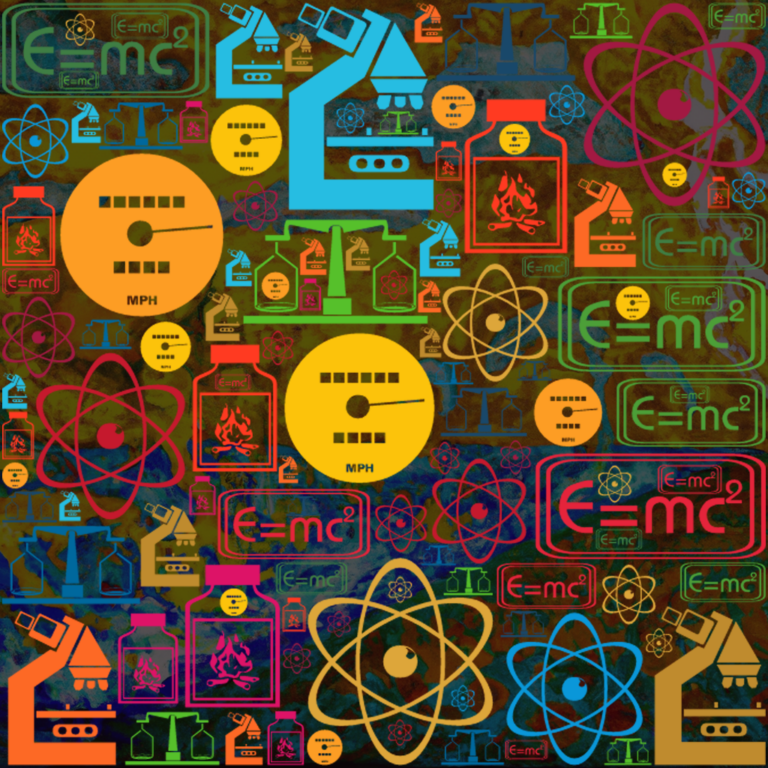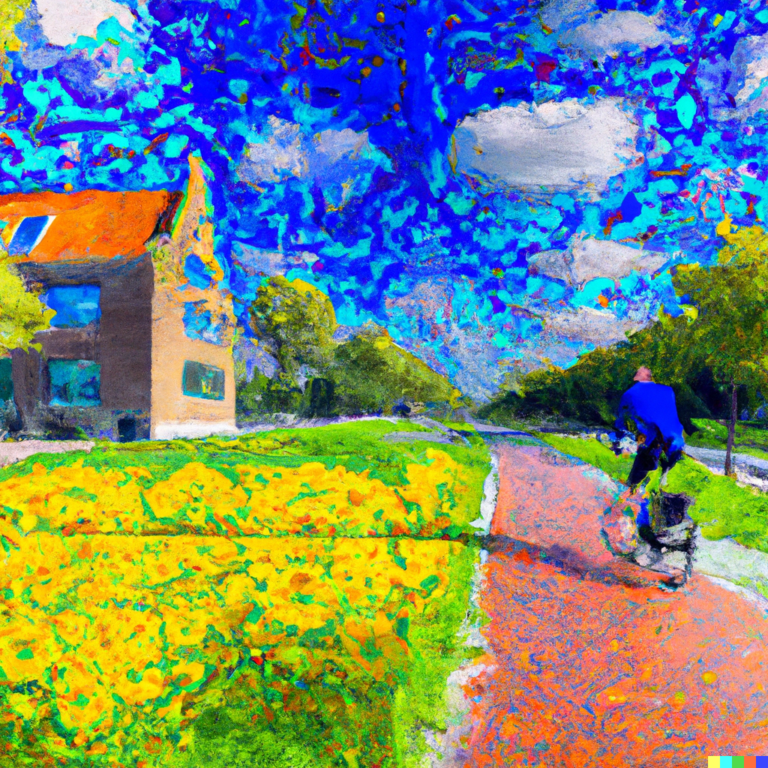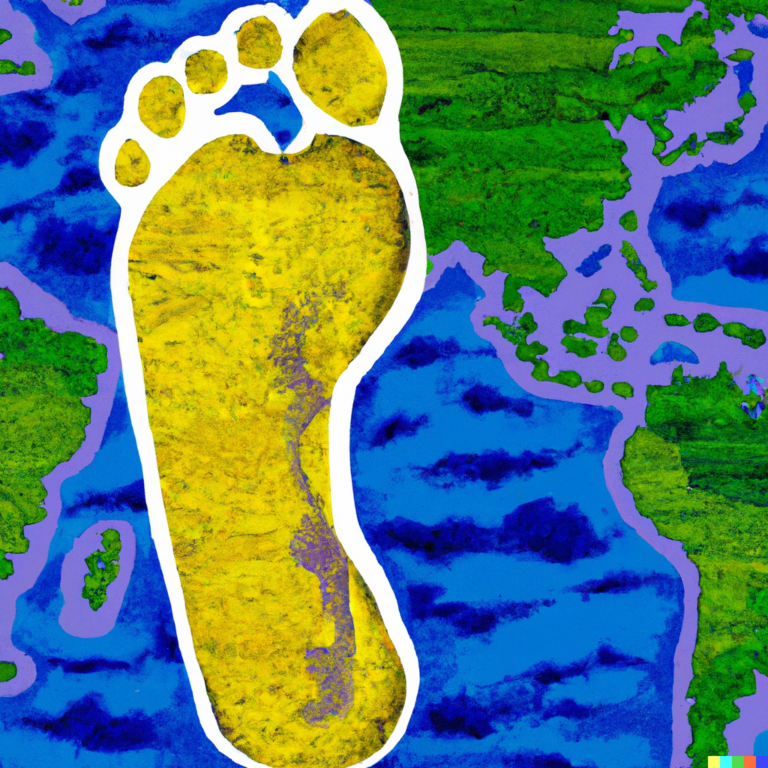Why UN SDGs ?
The United Nations SDGs was adopted in 2015 as a comprehensive and integrated framework for sustainable development. The aim of the UN SDGs is to create a better and more sustainable future for all, by leaving no one behind and ensuring that economic, social, and environmental progress are made in a balanced and sustainable way.
The SDGs are designed to be universal, meaning that they apply to all countries and all people, regardless of income level or geographical location. They also aim to be integrated, recognizing the interconnections between the economic, social, and environmental dimensions of sustainable development.
The SDGs address a wide range of challenges facing the world, including poverty, inequality, hunger, health and well-being, education, gender equality, clean water and sanitation, energy, sustainable cities and communities, responsible consumption and production, climate action, life below water, life on land, peace and justice, and partnerships for the goals.
Sustainability is not just cool. It is also trendy, fashionable & good for our planet & society...
Climate change, a complex scientific phenomenon, studied through various sciences...
Climate Change. Renewable Energy. Circular Economy. Sustainable Agriculture. Sustainable Transporation. Plastic Pollution. Biodiversity. Social & Environment Justice...
Exciting innovations and breakthroughs happening in sustainability right now...
Small steps can indeed have a big impact on sustainability...
Carbon footprint is a measure of greenhouse gases emitted by an individual, organization, or activity, expressed in carbon dioxide equivalent (CO2e) and measured in metric tons...
Get In Touch
Email Us
care@odeode.gg
Join Instagram
Share our inspirations
Join Discord
Share your sustainability journey




